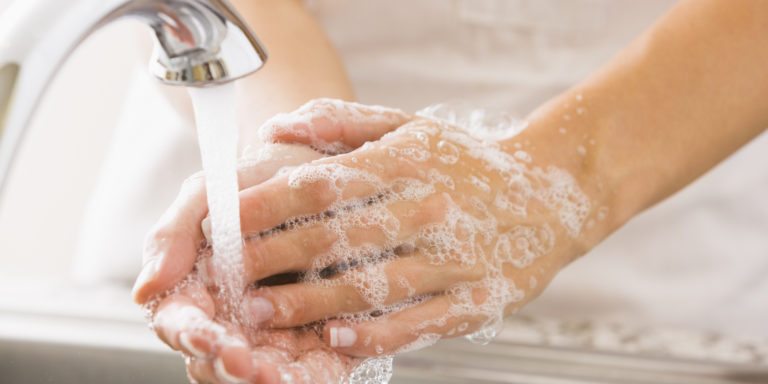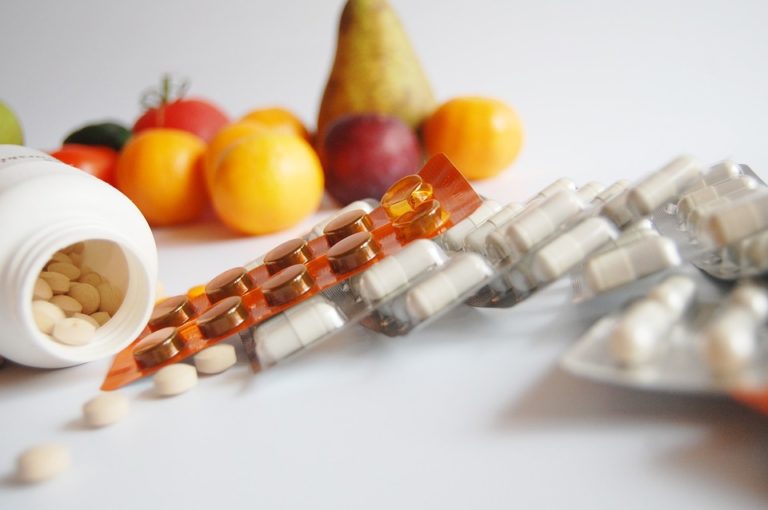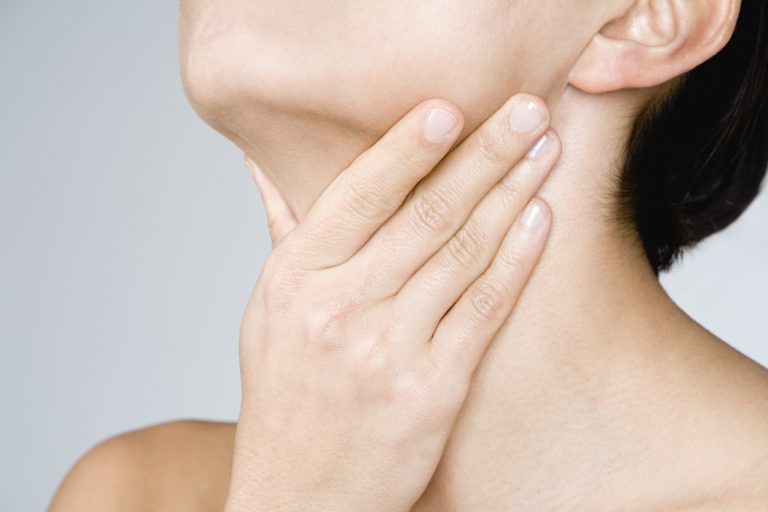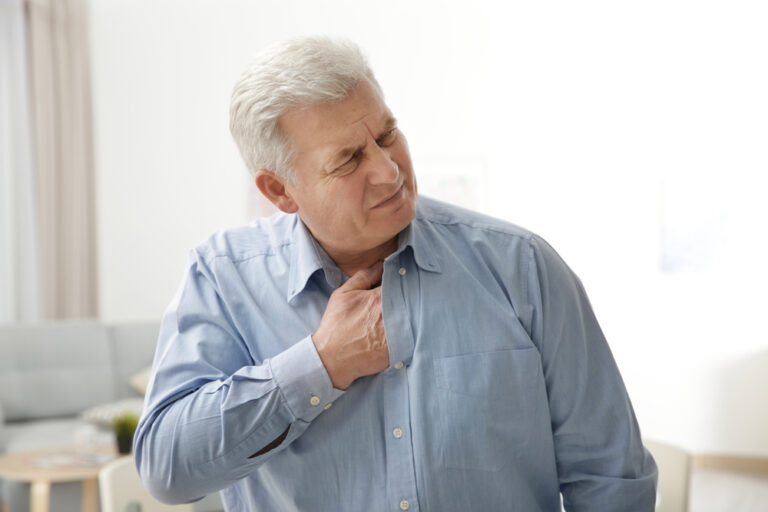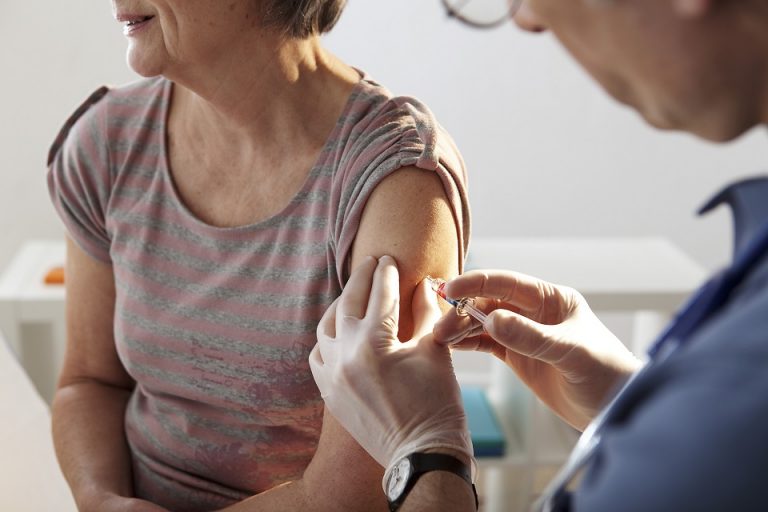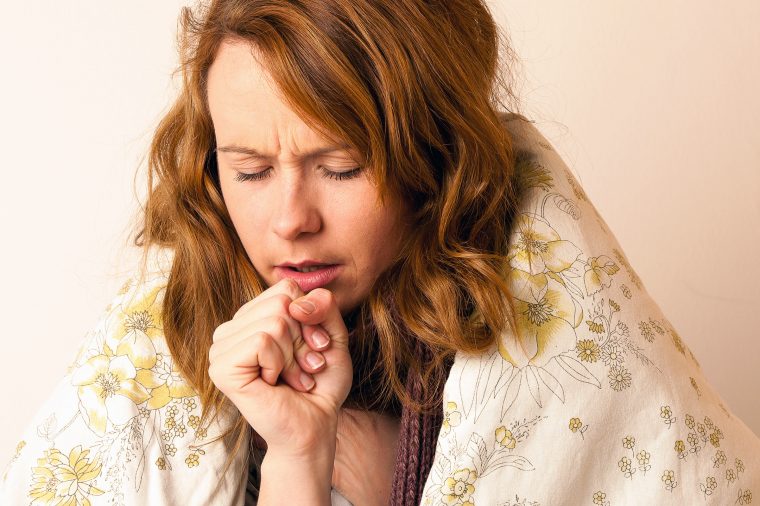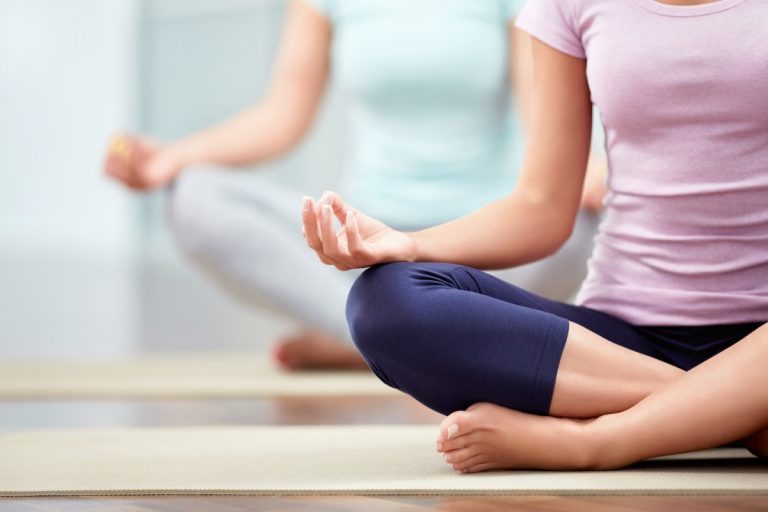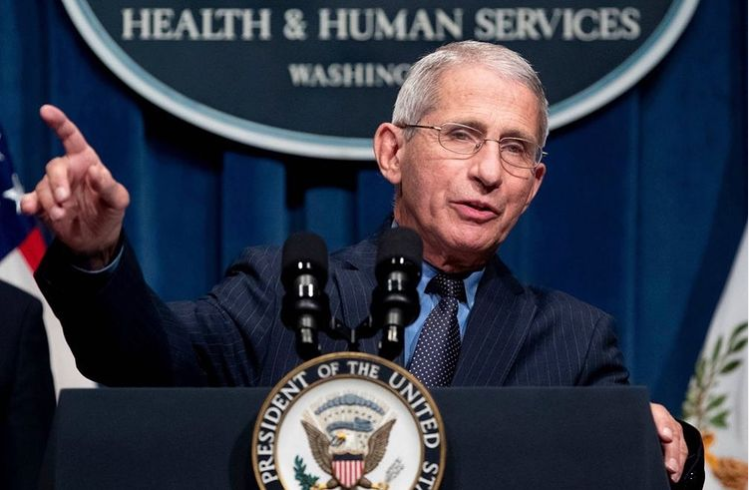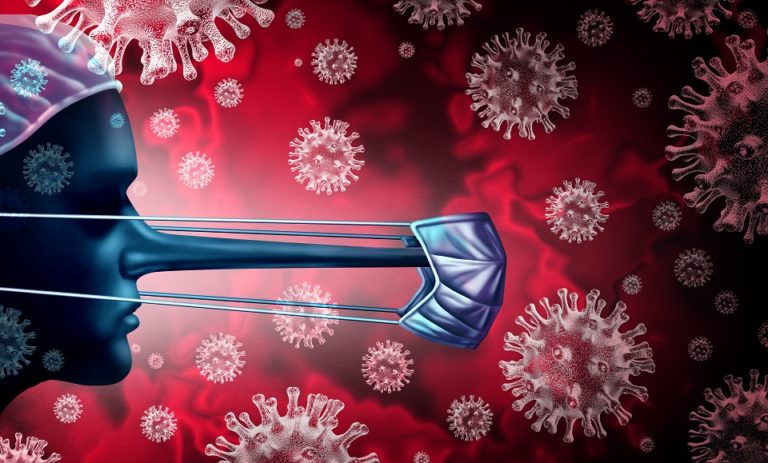Wearing face masks won’t protect you against the coronavirus. As a matter of fact, washing your hands often is much better than putting on a face mask. “I tell people you should be washing before you cook or serve food and after you use the bathroom; I wash my hands every time I return home,” explains Meghan McGinty, PhD, affiliate assistant professor of environmental and occupational health sciences at the University of Washington School of Public Health. “That is more effective than wearing a face mask.”
Read on to discover the things doctors need you to know about face masks:
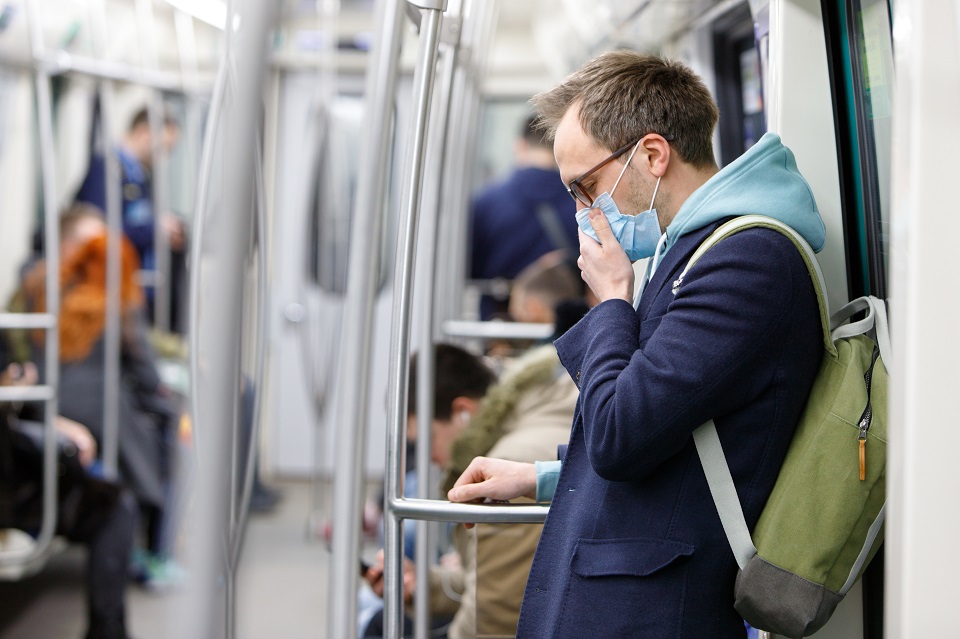
1. A mask is NOT a respirator
“A face mask is a lose-fitting disposable device that creates a barrier between the mouth and nose and the external environment,” says Dr. McGinty. “They’re not intended to protect you against respiratory illnesses. They’re typically meant to prevent you from inhaling large particles like dust particles.”
On the other hand, respirators are designed to keep you safe from smaller particles such as viruses. They are typically used all the time by healthcare professionals in healthcare settings. For example, An N95 mask blocks at least 95% of really small particles and that also include bacteria and viruses, according to the Centers for Disease Control and Prevention (CDC).





